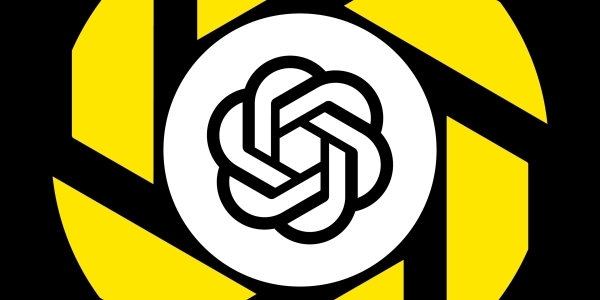
ChatGPT has been the talk of the town since it was launched in November. While the underlying technology isn’t new, artificial intelligence like this has never been so accessible to the public, and the OpenAI-owned bot has blown minds with its ability to complete a wide range of tasks, from passing business school exams to drafting State of the Union speeches.
Just 10 years ago, a lot of artificial-intelligence-related developments felt like science fiction, and predictions for how they would shape industries were often ominous for workers. In 2013, two Oxford University economists, Carl Benedikt Frey and Michael Osborne, wrote a paper in which they predicted that 47% of U.S. employment was under threat from “computerisation” or automation.
A decade later, automation is here and fast becoming a part of almost every industry. But Frey doesn’t think that we’re at nearly half of human workers being replaced just yet. He does think, however, that ChatGPT could create a lot more competition, which would lower wages.
“I think there’s a risk that ChatGPT makes us a lot more productive in easy-to-do stuff, but the hard part to figure out is how we can use A.I. to create innovation that then creates new occupations and new industries,” Frey told Fortune.
He pointed to various trends that have already been driving wages down, from the computer revolution that impacted middle-income jobs to the steadily falling income of prime-age men. And if ChatGPT is successful in creating more competition, that might lead to a continuation in a downward-trending trajectory, he said.
In a previous interview with Insider, Frey likened ChatGPT to Uber disrupting the taxi market, increasing the demand for drivers and lowering wages by about 10%.
“Uber didn’t reduce the demand for taxi drivers,” Frey told Insider. “It, if anything, increased the number of people driving cars for a living, but it reduced the amount [and] the earnings capacity of incumbent drivers.”
The existence of ChatGPT itself has already heated up competition among big tech companies for the burgeoning A.I. market, forcing Google to pull up its socks for a new tech race. On Monday, the company announced its very own chatbot, called Bard. And Microsoft poured $10 billion into ChatGPT’s parent company last month.
“Just the fact that it’s available to almost everyone is a huge step change. How much this is actually a sort of a step change in terms of innovation, I think, is debatable,” Frey said.
But Frey remains optimistic about A.I. innovations and what it could mean for technological progress. “What we ideally want is technologies that create new types of jobs, new types of industries, new demands of labor,” he said.
